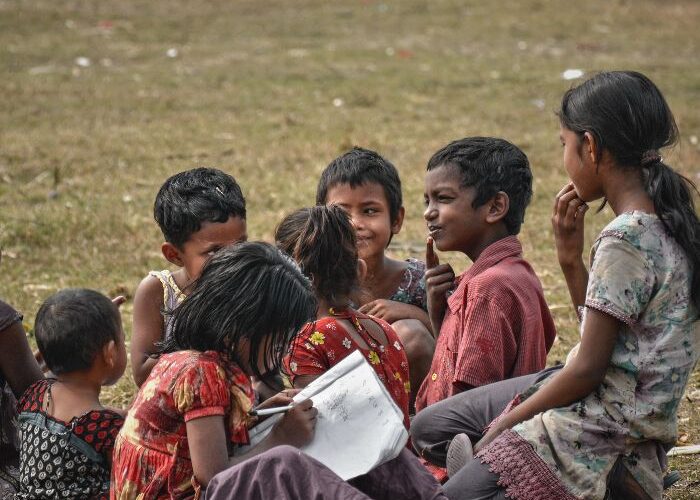
- August 27, 2023
- By Umar
- 334
- Uncategorized
The Importance of Charity (Sadaqah) in Islam
Charity, or “Sadaqah,” holds a central place in Islam, reflecting the profound compassion and generosity that the religion encourages. The act of giving to those in need is not only a means of helping others but also a spiritual practice that enriches the giver’s own soul.
In Islam, the concept of charity goes beyond material wealth. It encompasses giving with an open heart, whether it’s financial assistance, a helping hand, or a kind word. The Quran and the teachings of Prophet Muhammad (peace be upon him) emphasize the significance of giving back to the community, especially to those less fortunate.
1. Obligation and Reward: Giving to charity is not merely a choice; it is a moral duty. Islam encourages believers to share their blessings with those who are struggling. The Quran states, “The example of those who spend their wealth in the way of Allah is like a seed [of grain] which grows seven spikes; in each spike is a hundred grains. And Allah multiplies [His reward] for whom He wills” (Quran 2:261). This demonstrates the promise of abundant rewards for those who give selflessly.
2. Purification of Wealth: Charity is seen as a means of purifying one’s wealth. Just as gold is purified by removing impurities, giving from one’s earnings cleanses wealth and prevents it from becoming a source of greed or arrogance.
3. Compassion and Solidarity: Charity fosters a sense of empathy and solidarity within the community. It reminds us that we are interconnected, and our well-being is linked to the well-being of others. Islam encourages believers to care for their neighbors, the orphans, the poor, and the travelers, recognizing that kindness creates a stronger, more harmonious society.
4. Protection from Avarice: Accumulating wealth for its own sake can lead to materialism and selfishness. Giving to charity counteracts this by reminding individuals that their possessions are not the ultimate goal in life. Generosity prevents the heart from becoming attached to worldly possessions and encourages humility.
5. Eternal Rewards: Islam teaches that the rewards of charitable acts continue even after death. The Prophet Muhammad (peace be upon him) said, “When a person dies, his deeds come to an end except for three: ongoing charity, beneficial knowledge, and a righteous child who prays for him.”
Ultimately, charity in Islam is a holistic concept that encompasses both material giving and acts of kindness. It serves as a means of cultivating a compassionate heart, fostering community unity, and seeking the pleasure of Allah. By embracing the spirit of charity, believers not only improve the lives of those around them but also draw closer to the essence of faith and virtue.

